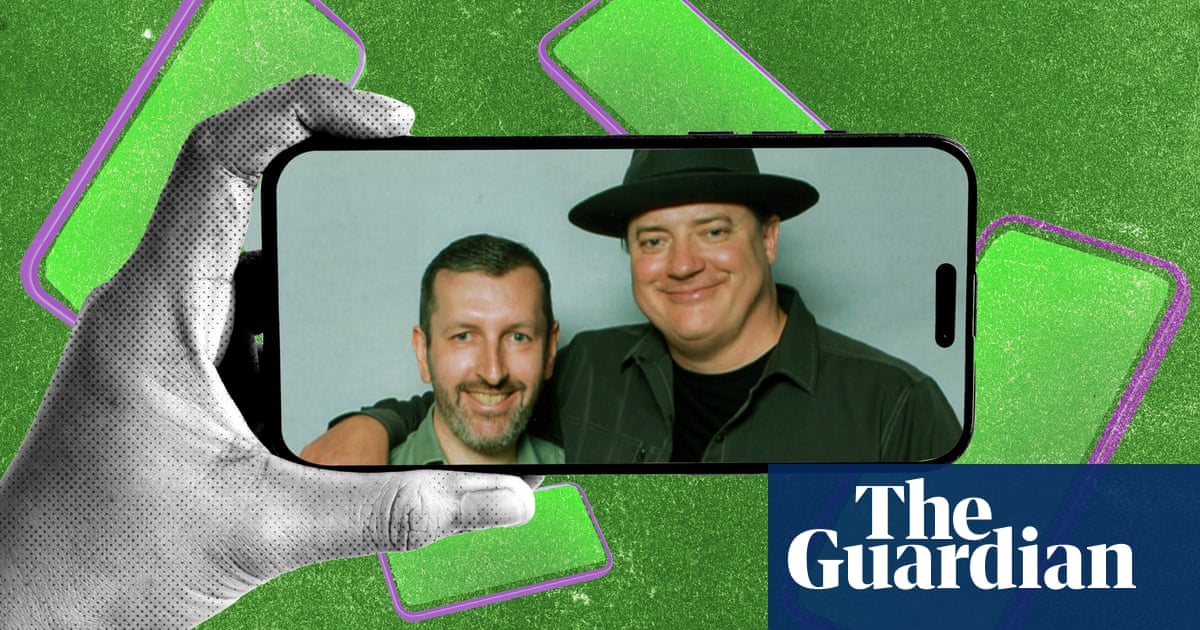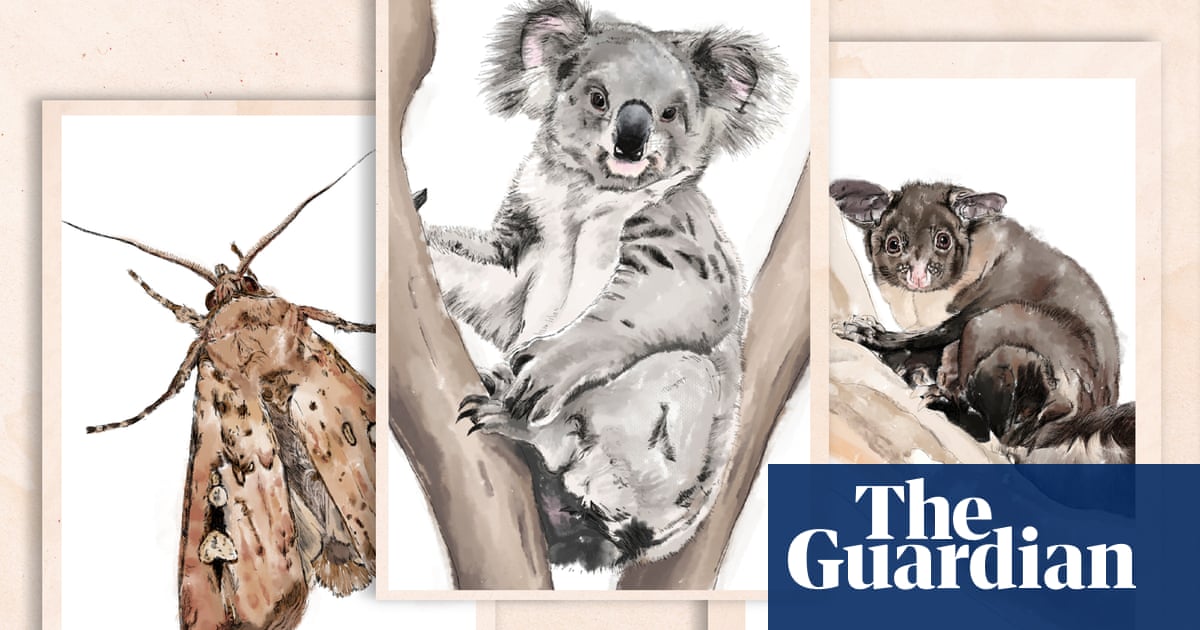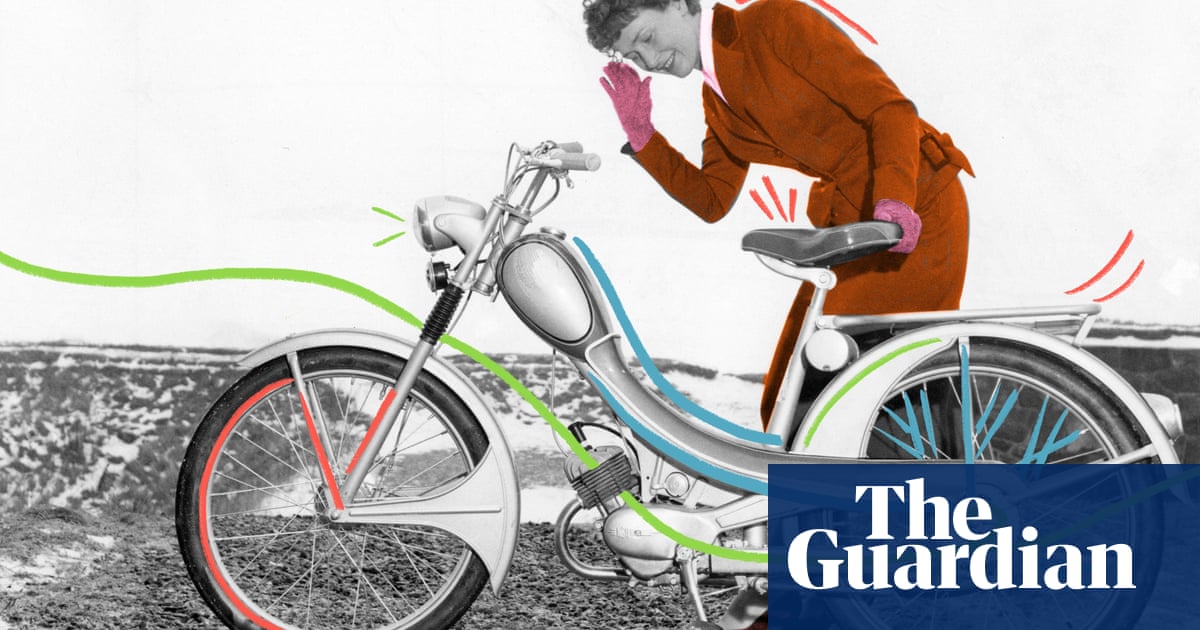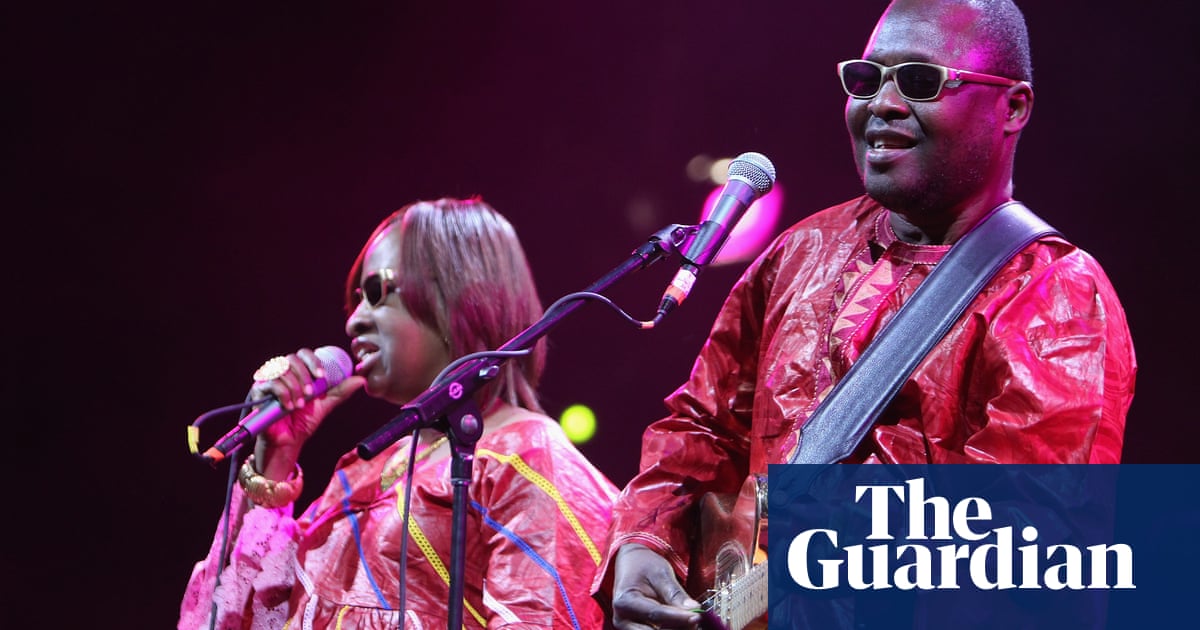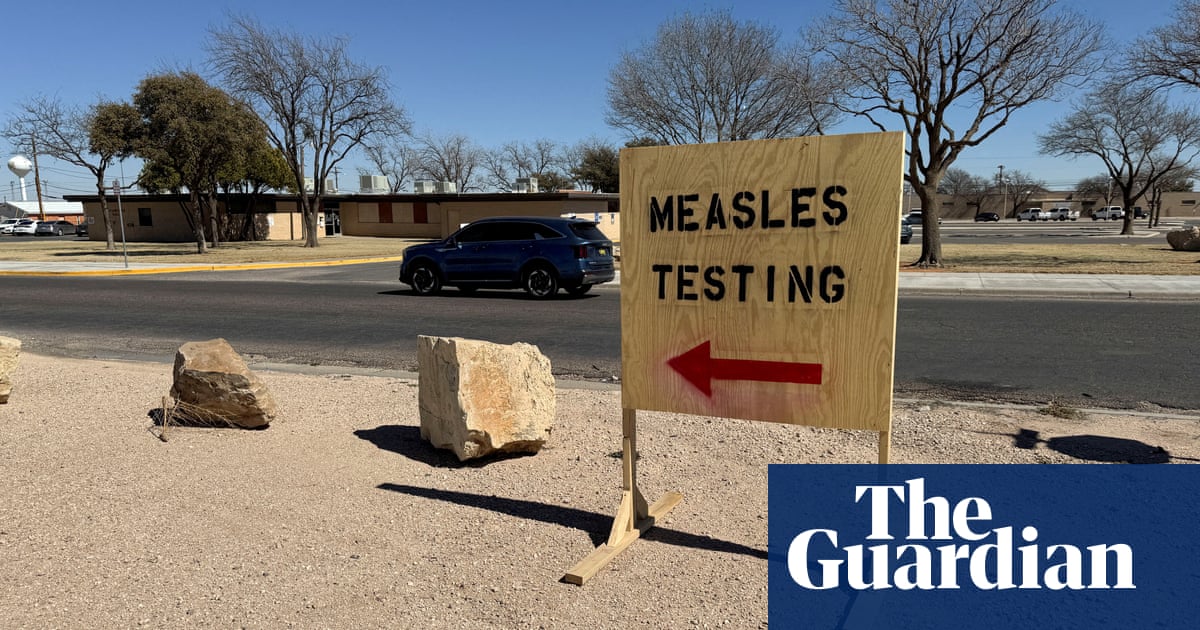When I was young, I had no idea that my mother was such an extraordinary woman. She was just my mother, swirling in and out of the house, singing to her jonquil bulbs, tripping over the animals I rescued, all while reading five books at once. If she was in the kitchen, my sisters and I hid downstairs as she clattered and crashed all the saucepans and swore like a sailor at the latest ruined batch of biscuits.
She wept at whatever devastation the nightly news delivered into the lounge room. She loved and was loved in return by my father, Douggie. She birthed four babes, grew the surviving three into formidable women and instilled in us a fierce belief that there was nothing we could not do.
Sue is a force as powerful as any storm. I think that one of the reasons I am so connected to nature is that when I was a wee, wild thing, I felt like my mother was nature itself, growing inside the house. She made a garden of our lives.
I didn’t know other mothers were any different. So in a way, her magnificence was invisible to me. Now that we know about her biological mother, my grandmother, Charmian Clift, it’s obvious why my mother is the way she is. From which deep wellspring she inherited her many gifts. Her wild genes.
Back then, though, all we had was a story. We knew only what mum had been told; that her mother had died in childbirth, and her father had died in the war.
I remember us all curled up together one Christmas morning. Mum’s birthday. A tangle of young limbs and sandy-pawed dogs and a couple of Siamese cats, torn wrapping paper everywhere. Birthday presents and cake for mum before any Christmas presents could be touched – that was the rule, she needed to feel extra loved.
We were playing one of our favourite story games, where we would make up imaginary mothers for our own beautiful one. Our grandmother was a famous ballet dancer, perhaps, because of mum’s strong, shapely legs. Or an opera singer, because of her huge alto voice, or an artist, or a Russian princess, with those cheekbones. And mum would laugh, and cry, and pull us deeper into her arms, and all her love flowed forwards rather than backwards, because we were all she had.

But no matter how much she loved us, and Douggie, and the animals and the beauty of Jervis Bay, there was always a jagged edge in her. A tremble of loss. She searched passing faces for those that looked like her own. Her wild genes pushed at her to be more than a mother and a wife.
“I just want to make my scratch on the world,” she said when she was frustrated. There was no time in her life for working out what making that scratch would entail. She had chosen a family instead.
I was in my very early 20s when the adoption laws changed in Australia, and mum could finally find out the name of her birth mother. That’s all she wanted. The name. Little did any of us know what that name would unlock.
I was at uni, working in a fitness centre in Mosman at the time, making all the mistakes of youth – searching for a place where I wouldn’t be too big, too loud, too much. Somewhere my own wildness would make sense. Where the dislocation I felt would resolve into an understanding of my own nature. Somewhere I could belong.
Mum called to tell me she’d received her birth certificate, and she knew the name of her mother: Charmian Clift.
I ran with my sister Danni across to the Mosman bookshop, and discovered a host of books with Charmian Clift’s name on them.

On the back of one of those books was a photograph of Charmian, staring right at us from across the years as if from a mirror. Wide mouth, high cheekbones, deep-souled eyes. My sister and I could barely speak. It was inarguable, inescapable. Our mother had never seen an older face that looked like hers, but here she was. This was our grandmother.
I ran my fingers along the spines of the books my grandmother wrote, feeling the skeins of stories rippling inside, bursting to escape. I felt instant recognition. Grandmother to granddaughter. She was … big. This explained everything.
Over the next year, as Sue went on her odyssey of discovery, I finally began to see my mother as someone separate to my sisters and me. Someone with her own thoughts and feelings and dreams. Discovering Charmian brought her home to herself. She broke open, down, through.
I came home from uni mid-year, and in the study was a photo of us three girls. A quote was pinned next to the photo, in mum’s handwriting. The price of anything is what we give up in order to achieve it. It is the path not taken. Sue had given up the siren pull of her wild genes for a life of family, security, safety. And now those wild genes had come to claim her. It was time for her to make her scratch on the world.
…
After she wrote Searching for Charmian, about trying to trace her mother’s life, mum and dad travelled overseas for the first time. They were in their 50s. Mum was still following the breadcrumbs left by her mother, and they led inevitably to Greece. First stop was Hydra, to search for Charmian among the stray cats and cobblestones, the sponge divers and black-robed priests.
They found locals who knew Charmian, and there, under the Mediterranean sun, mum brought the final pieces of her mother home. After a year travelling through Europe, mum and dad returned to Australia deeply in love, and then mum started to paint. And paint. And paint. Huge canvases, alive with light and texture. Greek landscapes. Musicians. The endless changing colours of Jervis Bay.
Figures swimming in velvet water. Whatever had been holding my mother’s creativity back, it was finally gone.
She was free.
…
On my 53rd birthday, writing my own book after emerging from 67 days solo in the Tasmanian wilderness, I found myself in Hydra. As my mother had done 30 years before, I walked Charmian’s cobblestone streets, passed her jade harbour, ducked under curtains of bougainvillaea and jasmine on the way to her house, which I eventually found.

I knocked on her door, but the house was all boarded up. I could not find Charmian in the restaurants, in the lumpy marble streets, among the donkeys and mules loaded cruelly with huge loads.
I could not find her in the stony hills or the cobalt, velvet water. No sense of her pierced my heart. Her ghost was not there for me.
Hydra had moved on. Flotillas of fishing boats had been replaced with rows of shiny superyachts, the bohemians and artists with wealthy Athenians and thousands of tourists pouting for selfies while buying cheap souvenirs at ridiculous prices.
On my last day, waiting for the ferry, I pulled my wobble-wheeled luggage through bumpy winding streets to her house one more time, and came upon the taverna where a famous photo was taken: Charmian and Leonard Cohen with their backs to a white painted tree. She’s leaning back, face tilted, displaying the cheekbones I know so well in my mother’s face and mine. He’s glancing, side-eyed, at the camera.
The tree had grown fatter in the last 60 years, but I saw the photo clearly in my heart. She’s young, frozen in time, with a rapt expression I recognise from my mother’s face and my own, when music turns a key in the locked door of our hearts and lets our sadness grow wings and fly free.
I sat on the raised platform that encircled the tree, leaned back on it, this tree that had held my grandmother all those decades ago. Suddenly I felt her, all at once, the grandmother who gave me her wild talent, whose genes unfurl into rivers of words that regularly choose my hands to birth them into the world. I felt Charm’s crushing, nameless soul-ache at giving up her first child, and I told her I understood this loss, having lost my own daughter Blaise to cancer when she was three. Both of them were with me, the ghosts of my grandmother and her great-granddaughter, and I was the bridge between, my living heart beating in time to the echoes of theirs.
I broke. My skin split, and 30 years of separation rained rivers into the white paint and grey stones. I wept for the ghosts of my lineage. Wombs are baskets of tears, amphora that crack and spill so their stories can fertilise new life. I wept for the first time in three decades for the grandmother I never knew, but who seeded so much of who I am.

I wept for my mother, left to live without her. I wept for myself, finding my way in a world where my own daughter no longer dances. As I buckled, sobbing, I saw Blaise placing her small starfish hand into Charm’s big one. Charmian came full circle, finally taking her place as an ancestor inside me.
The egg that made me grew inside my mother, who had grown inside Charmian. Charmian was my first home and now, in a way, I have become hers. I write with her hands. Her gifts are mine. There, in her taverna, on her tree, I claimed my beautiful, sad, wildly talented grandmother and in doing so, brought a lost part of myself home.
This is an edited extract from the updated edition of Searching for Charmian, by Suzanne Chick [$36.99, out now]

 20 hours ago
10
20 hours ago
10

